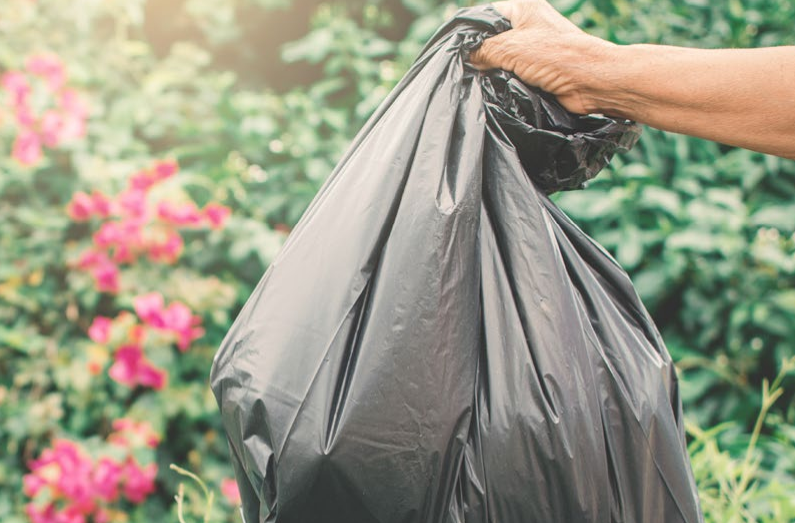Towards sustainable waste management: Kenyans to pay fines or spend time in jail for failing to sort domestic waste

In June 2021, MPs debated on a Bill on Sustainable Waste Management which intended to see Kenyans risk paying a Sh20,000 fine or face a minimum of six months in jail if they failed to properly separate their garbage before disposing of it. The Parliament and Senate later approved this Bill because waste management is a devolved function according to the Constitution of Kenya.
Through the approved Sustainable Waste Management Act, households are compelled by the National Assembly Committee on Environment to store garbage in three bins colour coded green, yellow and blue, mandating that failure to sort waste as opposed to what has been stipulated will attract jail time or a fine.
Different bins for disposing different types of waste will be put in place to help sort waste. Green bins will be for collecting organic waste, while blue and yellow bins will be for dry and particular waste. As a result of the Act, county governments will be expected to licence and regulate private garbage collectors amid struggles by devolved units to collect refuse. It is expected that Kenya will join the West in levying fines for wrongly placed bins or bins that are put out on the wrong day.
The Waste Management Act will help Kenya transition the waste sector in every county away from low collection rates, illegal dumping and uncontrolled dumpsites to affordable waste collection, recycling and composting, and secure final disposal in engineered landfills for the remaining fraction of the waste stream.
Previously, we have encountered challenges in policy implementation. A study conducted by Dickson Amugsi, an associate research scientist, attached to the Maternal and Child Wellbeing Unit at APHRC in “Implementation of solid waste management policies in Kenya: challenges and opportunities,” a research published in June 2022, revealed that there had been an increase in the volume and complexity of municipal solid waste associated with the modern economy and rapid urbanisation which has become of great concern worldwide.
Solid waste management has become a severe problem for governments, especially in developing countries, partly due to the lack of efficient implementation and enforcement of solid waste management (SWM) policies and legislation. The results concluded that the Kenyan SWM sector had poor implementation and enforcement of SWM policies and regulations. Key obstacles were corruption, lack of political will, political interference, and cooperation from the citizenry. Therefore, efforts should be made to remove the possible barriers for the effective implementation and enforcement of SWM policies and regulations in the country.
According to part IV on Waste Management Function, any person whose activities generate waste is expected to segregate the waste by separating the hazardous waste and dispose of the garbage in a facility that the county government or authority has established for that purpose. The Sustainable Waste Management Act will therefore enforce laws on proper waste disposal.
Kenyans must therefore step up to the task of sorting waste by ensuring they at least have three bins for the specific waste highlighted above. However, a challenge is that most houses may not have the capacity to hold these bins. Manufacturers will also have to step up innovations in development of single-use bins that will collect the different waste in a sorted way for waste sorting to be effective.
The sorting of waste increases the quality of recycling due to reduced impurities. The more waste is sorted, the more materials get recycled instead of ending in a singular waste stream direct to landfills. Proper waste management will improve Kenyans’ health by ensuring a clean and healthy environment by reducing air, land, freshwater and marine pollution and instil responsible public behaviour on waste and the environment.

